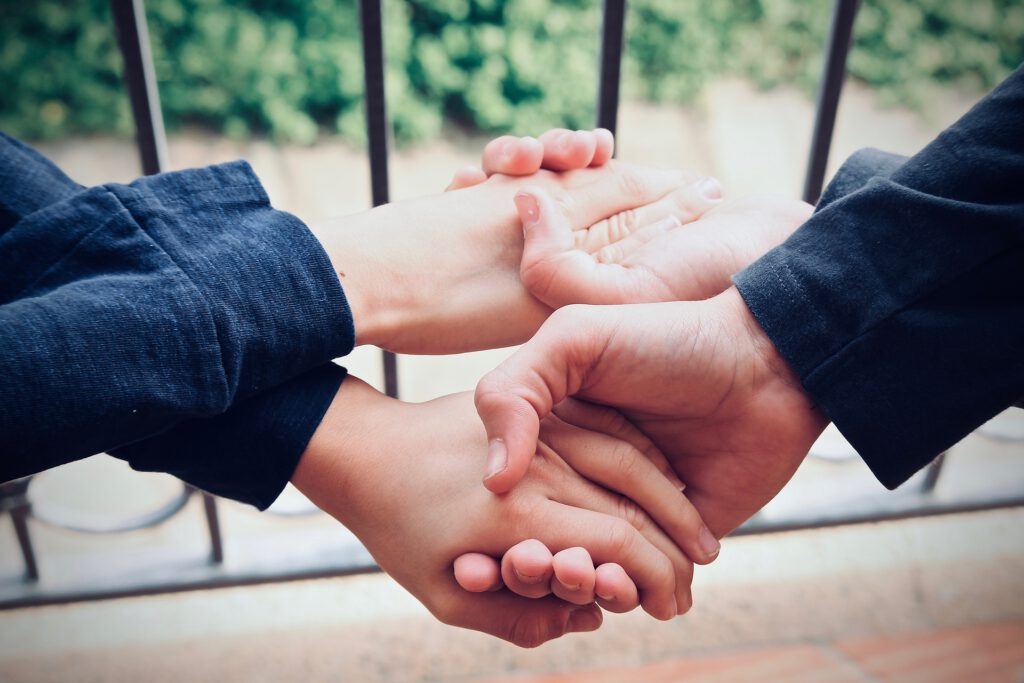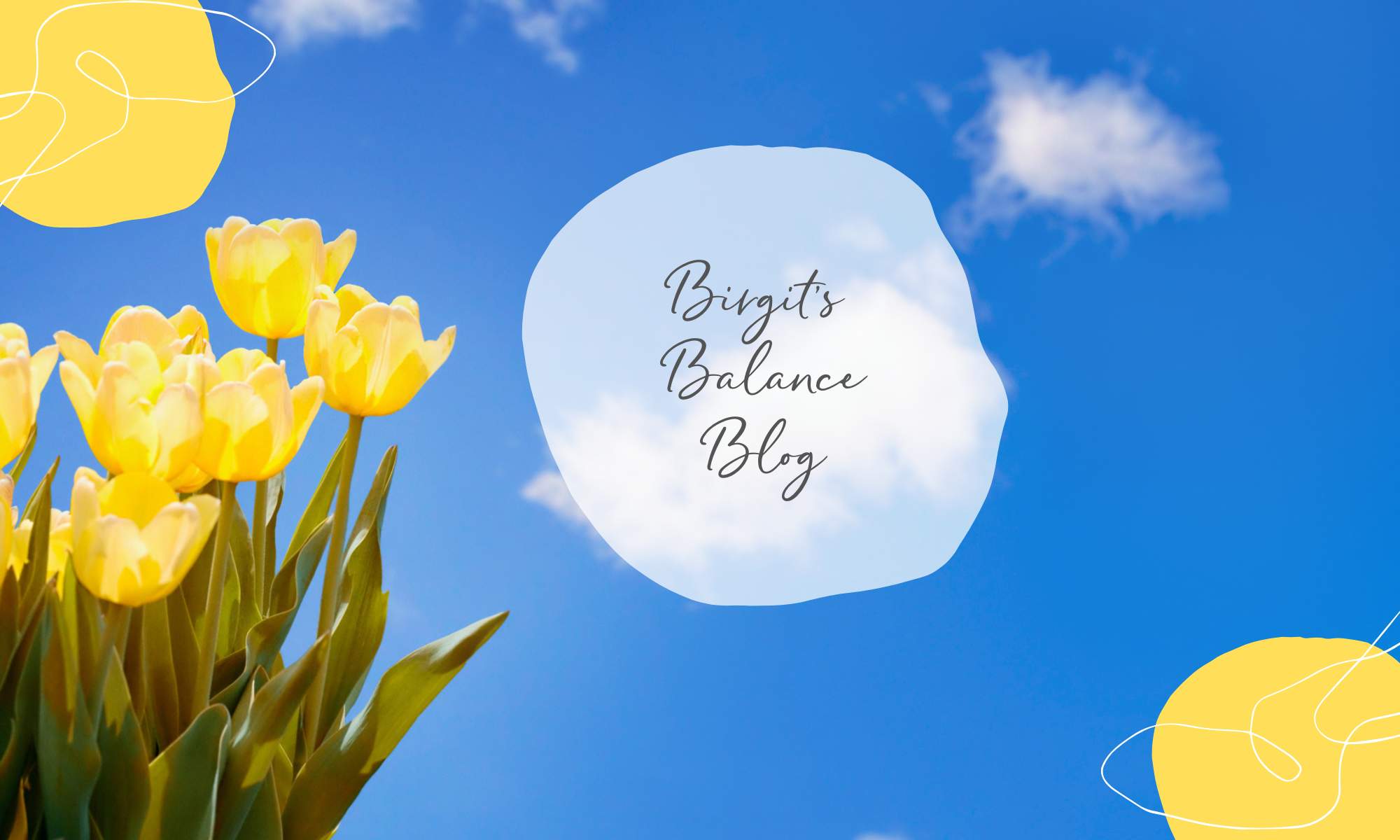
Psychologists agree, studies have proven it: We are hardwired for kindness and the desire to help.
A study by the University of Washington, for example, showed that altruistic, i.e. selfless and helpful, behaviour is already be shown at the age of one and a half. In one experiment, children who were hungry at the time of the experiment helped an adult to get back a piece of fruit they let drop. They children acted spontaneously – and also showed the same behaviour in repeated experiments. The researchers concluded that helpfulness does not have to be trained or learned.
“Yes, but when does it get lost?” You may ask yourself on of those days when somehow everyone seems to think only of themselves.
There may be quite different explanations for this for each of us. In my opinion, a quite general one is that especially under stress we first think about “our own survival”.
Maybe you feel the same way sometimes – or just now?
But quietly you wish for more helpfulness, joy and being seen?
Then here is a crazy tip:
Break the circle by starting to give what you want to receive.
The beauty of it is that doing good for others (without expecting anything) makes you happier and more fullfilled. This is because generous behaviour activates an area of the brain that is closely linked to our reward centre. It also changes our self-image – we perceive ourselves as a person who is capable, competent and able to help others. This raises self-esteem and increases composure.
AND
It often helps me to get out of my “how badly I am doing drama” if I shift the focus from my own needs to the needs of the people around me and think of small gestures of kindness or generosity.
But it is important to have an altruistic mindset.
It is not altruistic to think “now I have done xy for person A, but nothing ever comes back.”
In this case we attach a condition – or at least an unexpressed expectation – to our generosity. Not really altruistic.
Two aspects help you to avoid or minimise this thinking:
- Do something good for someone you don’t know – so that the person has “no chance of getting even”.
- Do something good for someone ANONYMOUSLY – so that the delighted person cannot understand from whom the gratuity came. (It’s cool if you still find a way to witness the reaction – e.g. by observing from a distance – but without showing up, intervening, asking!)
Try it out start some RAKs. RAK stands for “Random Acts of Kindness”.
Everyone can contribute with small gestures of generosity so that there is more joy in the big picture. And since joy is contagious, the gestures usually have a positive impact not only on the people they benefit, but also on other people who meet the “happy” people.
Here are a few ideas for such small gestures:
- Make your colleagues happy with something you have baked yourself
- Smile at a stranger on the street – preferably one who seems to need it
- Clean out your wardrobe and donate the clothes – best bring them to the drop-off point in person
- Leave a book you have read on the train with the message: “Gift to the finder, have fun reading it”.
- Buy something at the bakery for yourself and for the person after you in the queue
- Write someone a “thank you” card
- Give a small sweet to the postman
- Express your gratitude
- Give sincere compliments
- Buy a ticket for public transport and leave it in the machine
- Buy a lottery ticket and stick it under the windscreen wipers of a particularly rickety car
- Buy a few bars of good chocolate and put them in the neighbourhood letterboxes
- Write a positive review about a place or bar you liked
- Donate old bedding and towels to an animal shelter.
I’m sure you have many more great ideas!
You can also get inspired under the hashtag #randomactsofkindness.
How about having a RAK-et day every week?
A day on which you do something good?
Pass it on!
Birgit
PS: and don’t forget to include yourself in the circle of people you regularly do something good for 🙂
